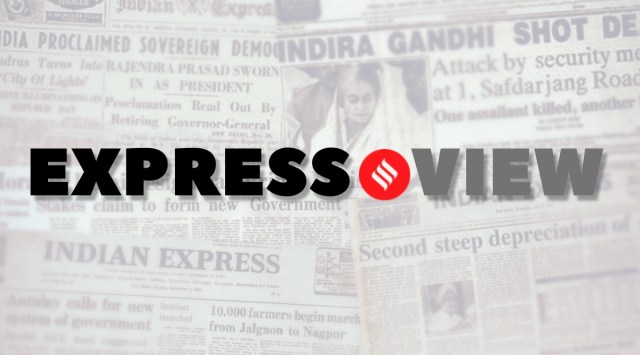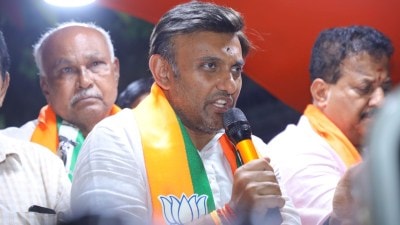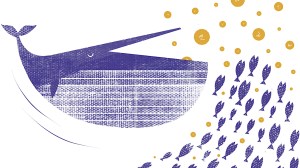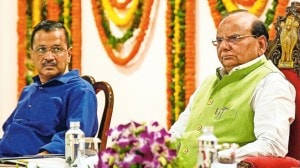- India
- International
Fall in wheat, rice, sugar production should not detract from goal of cropping and dietary diversification
There could be a supply issue in wheat and rice today. But policy responses to these — banning exports or asking states to go slow on crop diversification — shouldn’t lose sight of their long-term consequences.
 A deeper worry, though, is the government's wheat stocks, which, at 31.1 mt on June 1, were the lowest in 14 years for that date. Stocks of rice, at 49.7 mt, were marginally higher than a year ago.
A deeper worry, though, is the government's wheat stocks, which, at 31.1 mt on June 1, were the lowest in 14 years for that date. Stocks of rice, at 49.7 mt, were marginally higher than a year ago. Union Commerce and Food Minister Piyush Goyal wants state governments to ensure that farmers increase sowing of rice and also area under wheat. Paddy acreage in the ongoing kharif planting season is 16.1 per cent down compared to that in the same period of 2021. Arresting, if not reversing, this decline is essential for boosting India’s rice exports, which touched a record 21.2 million tonnes (mt) valued at $9.7 billion in 2021-22. Goyal is worried that rice may go the way of wheat, whose shipments were abruptly banned on May 13 after the all-time-high of 7.2 mt ($2.1 billion) achieved last fiscal. A deeper worry, though, is the government’s wheat stocks, which, at 31.1 mt on June 1, were the lowest in 14 years for that date. Stocks of rice, at 49.7 mt, were marginally higher than a year ago. But the increased requirement in view of limited wheat supplies could put pressure on rice as well — more so, if farmers plant less paddy.
But the above reasoning is flawed. To start with, India doesn’t need to step up its rice exports. The annual global rice trade is only 52-53 mt and the country’s share in that is already about 40 per cent. Exporting more, contrary to Goyal’s assumption, will only depress world prices, harming rather than helping farmers. Also, rice, like sugarcane, is a water-guzzling crop. Its cultivation should be discouraged, especially in states with relatively low rainfall and depleted aquifers. Indian farmers need to grow more pulses, oilseeds, horticulture, fodder and high-value crops. That will, in turn, spur greater consumption of foods incorporating proteins (dal, milk, eggs and meat) and micro-nutrients (fruits and vegetables), as against only calories and carbohydrates.
All this links up to the larger, disturbing point — the tendency for policymakers to increasingly focus on the short and immediate term. There could be a supply issue in wheat and rice today. But policy responses to these — banning exports or asking states to go slow on crop diversification — shouldn’t lose sight of their long-term consequences. This applies equally to the other recent actions of the Modi government, be it the imposition of tariffs on exports of diesel, petrol, aircraft fuel, iron ore and some steel products, cess on domestically produced crude or higher import duty on gold. The cost of short-termism, including on policy credibility and investor sentiment, may not be small.
EXPRESS OPINION
More Explained
Apr 27: Latest News
- 01
- 02
- 03
- 04
- 05


































